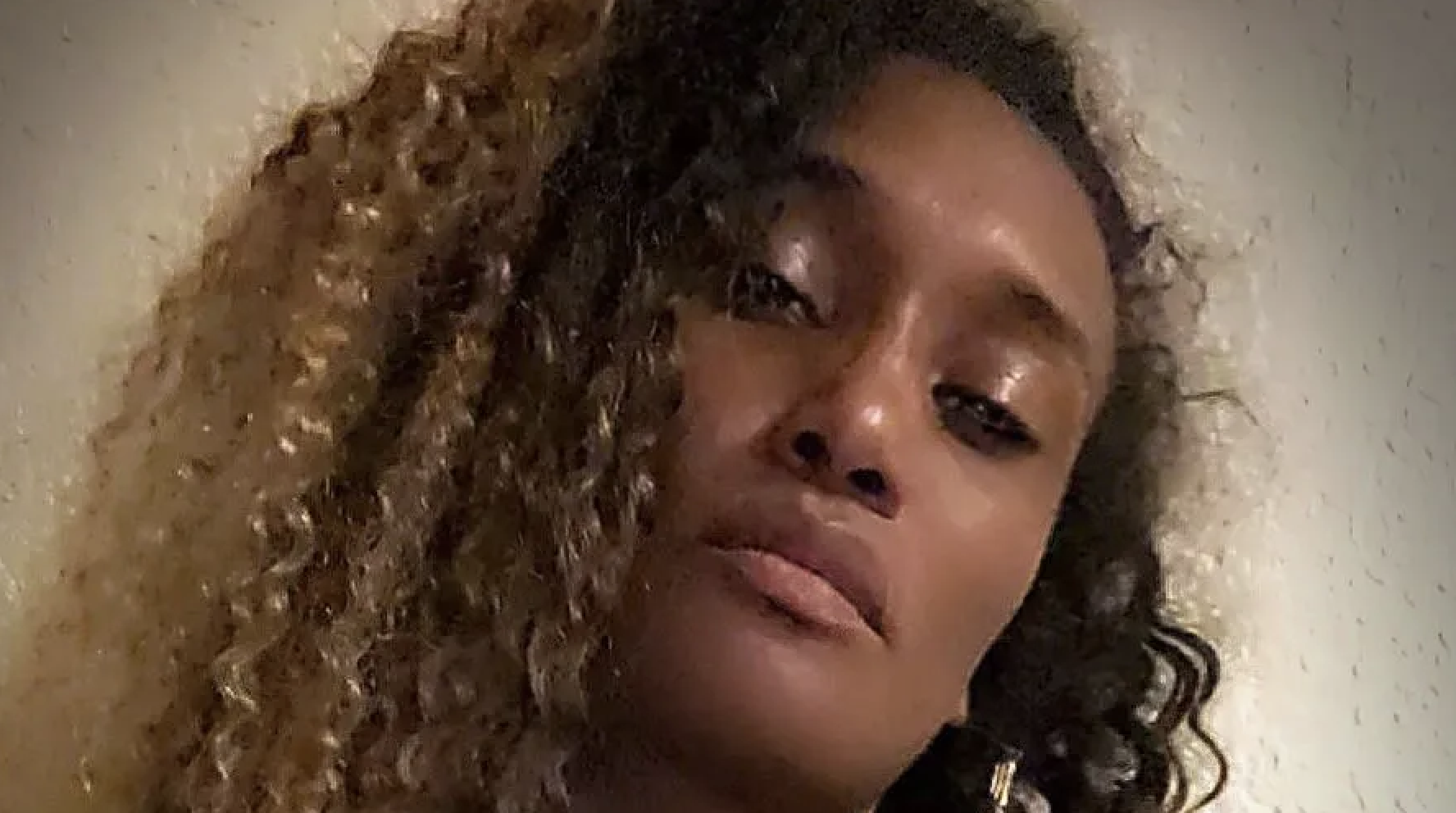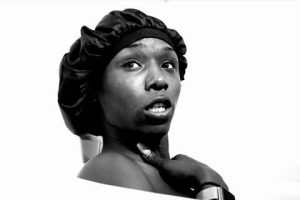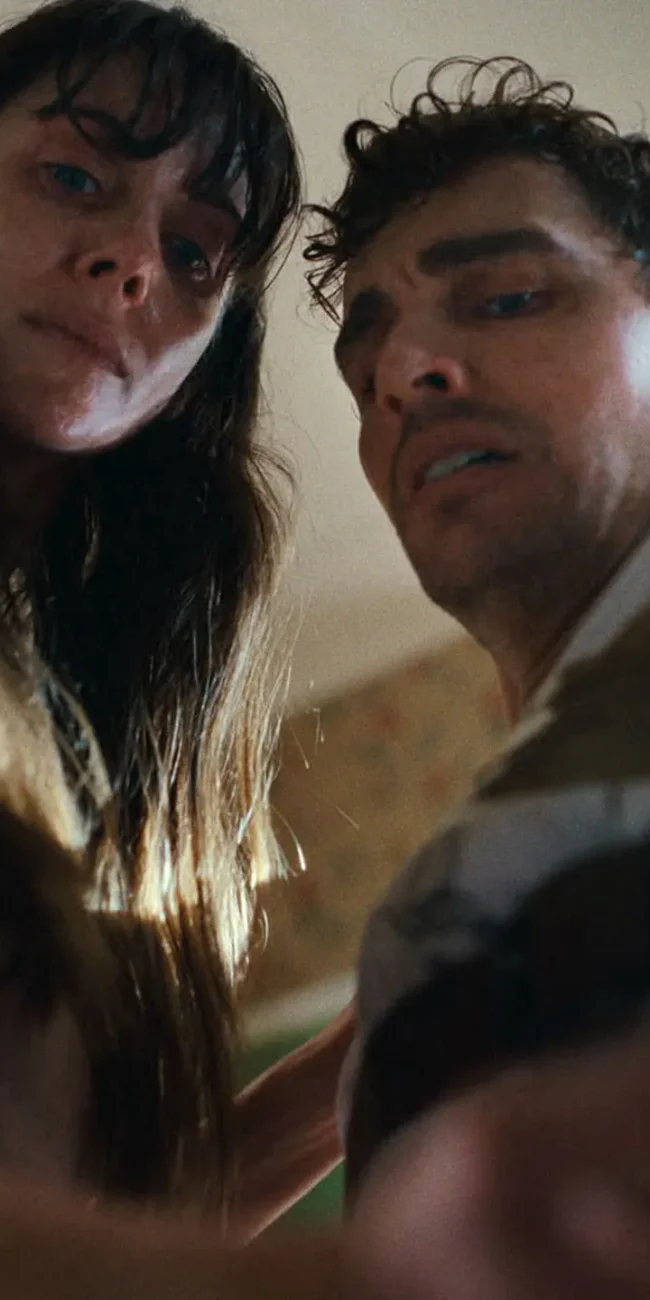A Conversation with D. Smith (KOKOMO CITY)

At its heart, D. Smith’s 2023 Sundance-winning (NEXT Innovator Award and NEXT Audience Award) Kokomo City is a music-laden, kaleidoscopically-edited series of raw monologues from four defiantly survivalist women whose voices are too often eclipsed by what the debut feature director terms the “red carpet narrative”: “When a fierce PR team puts a trans woman in a fabulous gown and has her speak like a pageant finalist.” (Aka the RuPaul’s Drag Race effect.)
Indeed, while Daniella Carter, Koko Da Doll (who, tragically and outrageously, was fatally shot by a teenager last spring), Liyah Mitchell and Dominique Silver are all Black, beautiful and trans, they are certainly not interested in making straight cis white Americans feel all kumbaya comfortable – nor straight cis African Americans for that matter. All are urban (NYC and Atlanta) sex workers with strong and deep opinions on a wide variety of topics – from the vulnerability of macho Black men to the fear of Black mothers for their sons (especially when those sons become daughters. Which according to Carter adds a whole other level of psychological complication for single moms, often forced to grapple with male abandonment for a second time). Not to mention the day-to-day reality of working in the oldest profession in the world, from facing life-threatening dangers to encountering unexpected hilarities (sometimes simultaneously).
Just after the film was awarded Outstanding Debut at the Cinema Eye Honors (where the aforementioned four characters likewise received The Unforgettables non-competitive honor), and prior to its nomination for Best Documentary at the Film Independent Spirit Awards, I caught up with Smith, who’s also a twice Grammy-nominated producer-singer-songwriter, to learn all about this unusual passion project; one forged during three years of couch surfing after being shown the door by the music industry for walking “in her truth,” as the red carpet was rolled up back in 2014.
Hammer to Nail: So I read that you were basically kicked out of the music industry after your transition in 2014, though I’m not sure why you turned to filmmaking, per se. Can you let us in on that decision, and also the origins of this particular project?
D. Smith: After being ousted from the music industry I became homeless, sleeping on different people’s couches or floors. I was desperate to get back on my feet. But I also felt defeated and uninspired musically. I was so drained from chasing people, waiting on people, begging people. Because I felt so disregarded and helpless I thought to myself, what could it be like for trans women that have never had the opportunities that I’ve had? The trans woman that didn’t have a platform to speak from her point of view. Also the lack of healthy dialogue between trans women and black folk. I thought it was a language barrier between us. Yes, there was content centered on black trans women, but not speaking to black people the way it needed to. Thus Kokomo City was born.
HtN: How did you find all your characters – and choose whose narratives to focus on? Were there folks you interviewed that didn’t make the final cut?
DS: I basically reached out to them on social media. I would go to the known trans girls’ pages and read through the comments, looking for ones that stood out. I would just stare and listen to different girls’ posts. Listening to vocal texture, even body language. I was drawn to the most relatable girls.
It was important to me to focus on making these women as humanized as possible. Stories that everyday people can sit and listen to was the key. There were definitely girls that didn’t make the cut! It was sort of like that scene in Coming to America, where Eddie Murphy and Semmi are in the bar interviewing all the different women.

A still from KOKOMO CITY
HtN: What was the post process like? Did you edit to the music you ultimately ended up using?
DS: My favorite part of making this film was editing. It was really therapeutic. Editing the entire film on iMovie shouldn’t have been relaxing but it was. (That’s until I realized I had to get that footage transferred to another software.) I edited around the music at times, but I would also just create a song based on the content. It was an extraordinarily fulfilling process.
HtN: I’m also curious to hear why you chose to intersperse interviews with the straight cisgender guys. (And why not any straight cis women? Your characters don’t shy away from addressing transphobia in the Black community at large.)
DS: All we’ve ever seen is black men denying interest in black trans women. Black men are always being shamed publicly, being outed on social media. Seeing them running out of hotel rooms in disgrace are the images we see. It was pivotal to show black men step forward with dignity and not mortification.
I chose not to use women in this project because this film was made for women. It was created for them to listen to, to sit with. Kokomo City is here for them whenever they want to watch it. They can watch it tomorrow, five years from now or ten years, but it’s here. Black women are important to me. There’s so much that they need to know. I wanted to do my part by giving them what I could.
HtN: For me the most powerful scene was Daniella’s monologue at the end, in which she patiently explains the roots of transphobia among Black mothers, and reveals a startling amount of empathy in the process. So did you yourself learn any big lessons, personally and/or professionally, through making this film?
DS: I’ve learned a lot through making this film. I’ve learned that no matter who we are as trans women, we’re all in the same space in terms of our need to feel validated. We can be independent but we truly want and need to be a part of society. It’s healthy and mentally necessary. I’ve also learned that programs to support trans women are emotionally indispensable and dire. But there’s one thing I’ve not learned yet and that is, what is “flipping a monkey”? I’ll have to call Daniella about that one.
– Lauren Wissot











